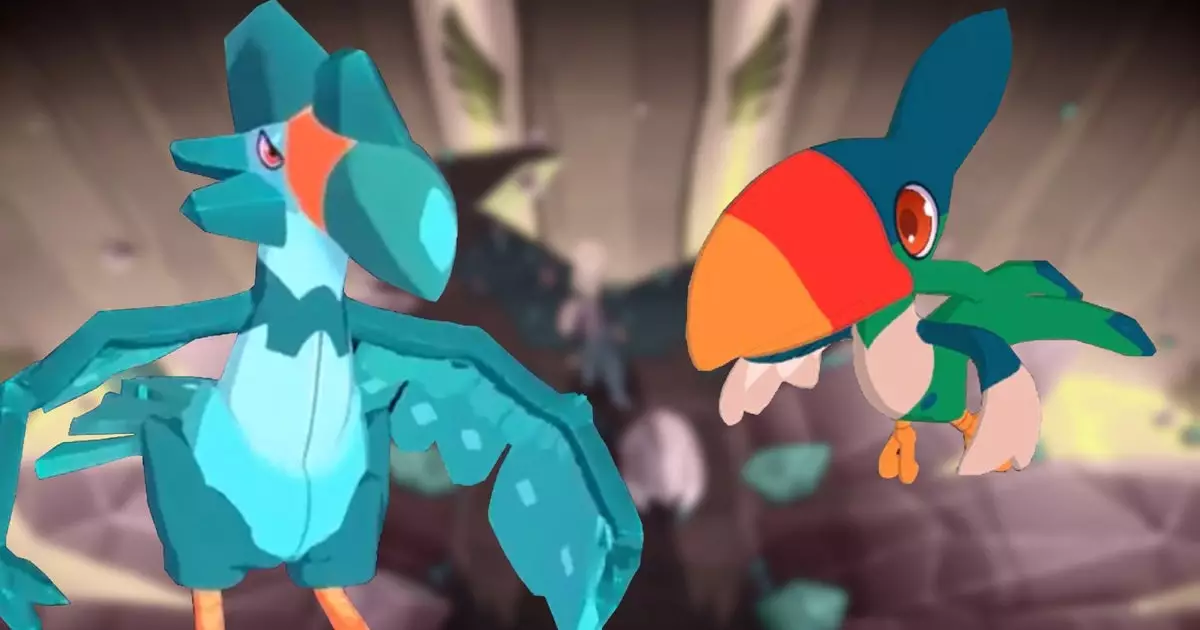The indie game publishing scene has always been a dynamic and evolving environment, often influenced by economic shifts and internal company challenges. Recent developments, particularly the layoffs at Humble Games in July, underscore the precarious nature of this industry. The decision to lay off all 36 members of the Humble Games team was framed as a response to “challenging economic times,” highlighting the struggles that many indie publishers have faced in securing sustainability amid market pressures. Such corporate restructuring events not only disrupt the lives of employees but can also shake confidence in the indie gaming ecosystem.
In the wake of Humble Games’ dissolution, two prominent figures from the publishing house—Alan Patmore and Mark Nash—have founded Good Games Group. This move is not merely a rebranding or a continuation of their previous work; it signifies a fresh perspective on how indie games can be nurtured and brought to market. By maintaining previous partnerships with indie developers, they aim to leverage their established relationships and institutional knowledge, which could be a significant advantage in a competitive industry.
Patmore’s statement regarding the collaboration with Ziff Davis emphasizes their desire to merge past experiences with future aspirations. This strategic partnership could potentially provide Good Games Group with the backing necessary to innovate and invest in new indie projects while allowing them to support games that were previously published under Humble’s banner.
The closure of Humble Games reverberated throughout the indie development community, as evidenced by the reactions from developers such as those behind the game Signalis. Their expression of dismay highlights the strong bonds that often form between indie publishers and developers, based on mutual respect and collaboration. The emotional impact of such corporate transitions can be profound; developers not only lose a publishing partner but also face the uncertainty of how these changes may affect their projects.
The establishment of Good Games Group has provided a glimmer of hope in an otherwise somber narrative. The acknowledgment of former Humble Games employees moving on to new opportunities is a testament to their resilience and the supportive networks that exist within the industry.
The landscape for indie publishing continues to be marked by both challenges and opportunities. The founding of Good Games Group could herald a new era of innovation and growth, provided they can navigate the complexities of the market while staying attuned to the needs of indie developers. As they regroup and channel their efforts into refreshing collaborations, it’s crucial to watch how they balance their relationships with parties like Ziff Davis and the indie gaming community.
The story of Good Games Group serves as a reminder of the volatile nature of the indie game publishing sector. As new entities arise from the ashes of previous ventures, the focus on collaboration, community, and innovation may redefine the paths that indie games take from concept to players’ hands. The evolution of this niche sector remains crucial, not just for the businesses involved, but for preserving the creative spirit that indie games embody.

